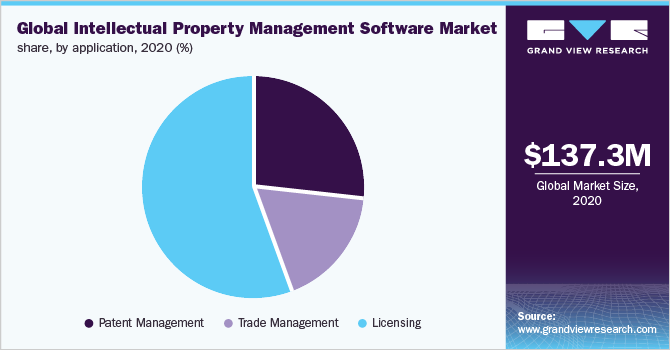
Shaping the Future of Legal Proceedings: Virtual Courtroom Technologies
Virtual courtroom technologies are reshaping the landscape of legal proceedings, offering innovative solutions that transcend traditional courtroom setups. This article explores the transformative impact of virtual courtroom technologies, examining their applications, benefits, and the evolution of legal practices in the digital era.
The Rise of Virtual Courtrooms
The advent of virtual courtroom technologies marks a significant shift in how legal proceedings are conducted. With the rise of remote work and the need for flexible solutions, virtual courtrooms have emerged as a viable alternative to traditional in-person proceedings. These technologies leverage video conferencing, collaboration tools, and advanced software to create virtual spaces where legal proceedings can take place seamlessly.
Enhanced Accessibility and Inclusivity
One of the key advantages of virtual courtroom technologies is the enhanced accessibility they provide. Geographical barriers are diminished, allowing participants to join proceedings from any location with an internet connection. This inclusivity promotes broader participation, enabling individuals who may face challenges attending in-person hearings, such as those with mobility issues or residing in remote areas, to engage in legal processes.
Streamlining Legal Processes
Virtual courtroom technologies streamline legal processes by leveraging digital tools to manage case documentation, evidence sharing, and communication among legal professionals. These technologies often integrate with case management systems, facilitating the efficient organization of legal materials. This streamlining not only accelerates proceedings but also contributes to a more organized and transparent legal environment.
Ensuring Security and Confidentiality
Security and confidentiality are paramount in legal proceedings, and virtual courtroom technologies prioritize these aspects. Encrypted communication channels, secure login procedures, and access controls are implemented to safeguard the integrity of legal discussions. This commitment to security ensures that sensitive information exchanged during virtual hearings remains confidential and protected.
Flexible Scheduling and Reduced Delays
Virtual courtroom technologies offer flexibility in scheduling hearings, reducing delays often associated with traditional court proceedings. Attorneys, judges, and other participants can coordinate more efficiently, minimizing the downtime often caused by scheduling conflicts or logistical challenges. This flexibility contributes to the expeditious resolution of legal matters.
Integration of Multimedia and Presentation Tools
To enhance the presentation of evidence and arguments, virtual courtroom technologies integrate multimedia tools. Attorneys can seamlessly share documents, present visual evidence, and conduct multimedia presentations, creating a more dynamic and engaging courtroom experience. This integration fosters a clearer understanding of complex legal issues and facilitates effective communication among legal professionals.
Remote Witness Testimonies
One notable feature of virtual courtroom technologies is the ability to accommodate remote witness testimonies. This is particularly valuable in cases involving expert witnesses, international witnesses, or individuals who may find it challenging to attend in person. Virtual platforms enable witnesses to provide testimony from the comfort of their location, contributing to a more efficient and accessible legal process.
The Role of Advanced AI and Analytics
Virtual courtroom technologies often incorporate advanced artificial intelligence (AI) and analytics tools. These technologies can assist in legal research, document analysis, and even predictive analytics for case outcomes. The integration of AI enhances the capabilities of legal professionals, allowing them to make more informed decisions based on data-driven insights.
Evolving Legal Education and Training
The influence of virtual courtroom technologies extends beyond proceedings themselves to legal education and training. Law students and legal professionals can now engage in realistic courtroom simulations, honing their skills and gaining practical experience in a virtual environment. This evolution in legal education contributes to the readiness of legal professionals for the digital era.
Embracing the Future of Legal Proceedings
To explore the transformative capabilities of virtual courtroom technologies, visit Virtual Courtroom Technologies. Witness how these innovations are shaping the future of legal proceedings, providing a glimpse into a more accessible, efficient, and technologically advanced legal landscape.
In conclusion, virtual courtroom technologies are not merely a response to the challenges posed by remote work; they represent a paradigm shift in how legal proceedings are conducted. These technologies bring forth a new era of accessibility, efficiency, and innovation in the legal domain, paving the way for a future where legal processes seamlessly integrate with digital advancements.


